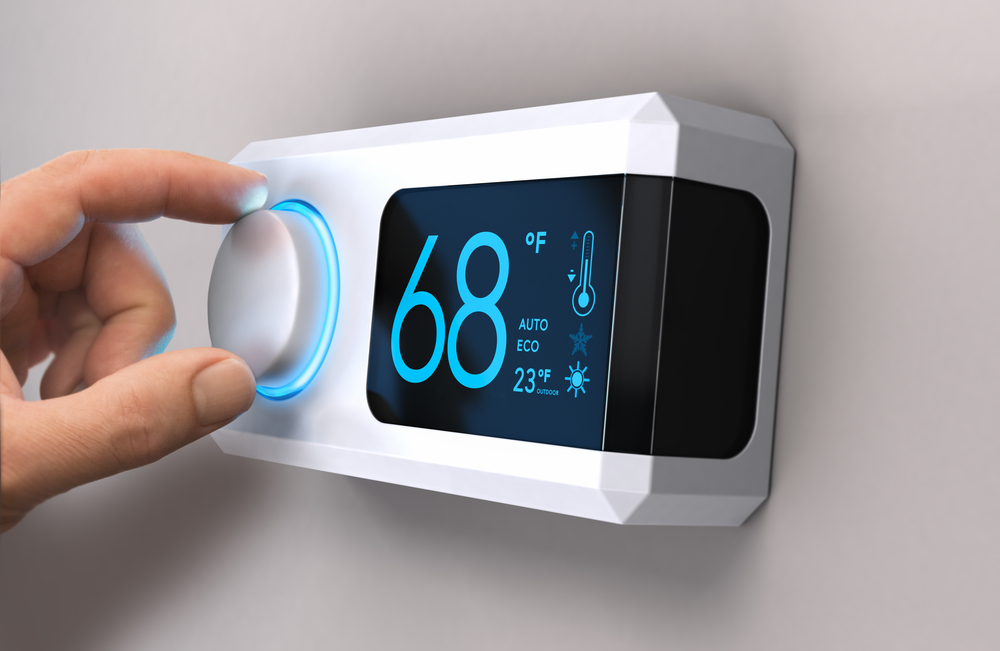How to Save Heat Energy in Your Home
The cost of energy can eat up between 5-22% of your annual household budget. There’s no way to avoid using energy, but there is a way to cut costs by drastically reducing the amount of energy you consume at home. If you’re ready to protect your pocketbook—and the planet—here’s how to save heat energy in your home:
How Can We Save Heat Energy At Home?
There are plenty of ways to save heat energy at home. The best part is that you can implement these strategies without sacrificing your comfort. Start by following these tips:
- Conduct a home energy audit using the Benefyd app. This will tell you how you are currently using—and wasting—energy at home. In a matter of minutes, the app will tell you what improvements and changes you need to make around your home to improve your energy efficiency and reduce your utility bills.
- Add insulation to your attic and basement. Insulation will prevent warm air from escaping in the winter and cool air from escaping in the summer. The more insulated your home, the less energy your heating and cooling system will need to use to keep you comfortable.
- Replace the standard light bulbs in your home with LED bulbs, which last 25 times longer and use up to 75% less energy. If you don’t want to replace all of the lights, start by replacing the bulbs in the five most frequently used fixtures in your home.
- Upgrade to ENERGY STAR® appliances. If you need to replace your washer, dryer, refrigerator, dishwasher, or any other appliance, choose an ENERGY STAR® model. These models are designed to consume less energy than standard models.
- Apply a fresh layer of caulk around your window frames. The tiny holes and cracks that form around windows let air escape from inside your home. By sealing these, you can keep the air inside so your heating and cooling system doesn’t need to work as hard to keep you comfortable.
- Take advantage of the ceiling fans in your home. These fans can keep you cool when they run counterclockwise and keep you warm when they run clockwise. Using the fans all year long will help you reduce the amount of energy consumed by your heating and cooling system.
- Plug devices into a power strip instead of a wall outlet. Then, turn the power strip off when the devices are not in use. This will cut off the energy source so the devices cannot continue to consume energy when they’re turned off.
As you can see, it is possible to save energy with minimal effort. Saving heat energy at home has never been easier, so now is the perfect time to go green!

What Should Your Thermostat Be Set At in Summer and Winter?
The majority of your energy bill—about 42%—is spent on heating your home in the winter and keeping it cool in the summer. If you want to save energy and reduce your monthly utility bills, adjusting your heating and cooling habits is a great place to start.
The key to saving energy and cutting heating and cooling costs is knowing the optimal thermostat settings for both hot and cold weather. If it’s hot outside, adjust the temperature on your thermostat to 78 degrees Fahrenheit. You should dial it up a few degrees higher if you plan on being out of the house for a long period of time.
As the temperature outside starts to drop, adjust your thermostat to 68 degrees Fahrenheit. You should adjust it even lower—to about 58 degrees Fahrenheit—if you don’t plan on being home for a long time or if you are going to sleep.
Following these recommendations could reduce your energy usage and lower your utility bills by up to 10%. But you may need to adjust these recommended temperatures slightly depending on where you live and your comfort level. In general, it’s best to try to keep the temperature on the thermostat as close as possible to the temperature outside. The closer these temperatures are, the more energy you will save.
Save Heat Energy—And Money—With These Simple Strategies
There are a number of reasons why you should learn how to save heat energy in your home. By following these tips, you can lower your monthly utility bills, protect the planet, make your home more comfortable, and reduce your dependence on limited resources such as coal. Going green is one decision that you will never regret!


